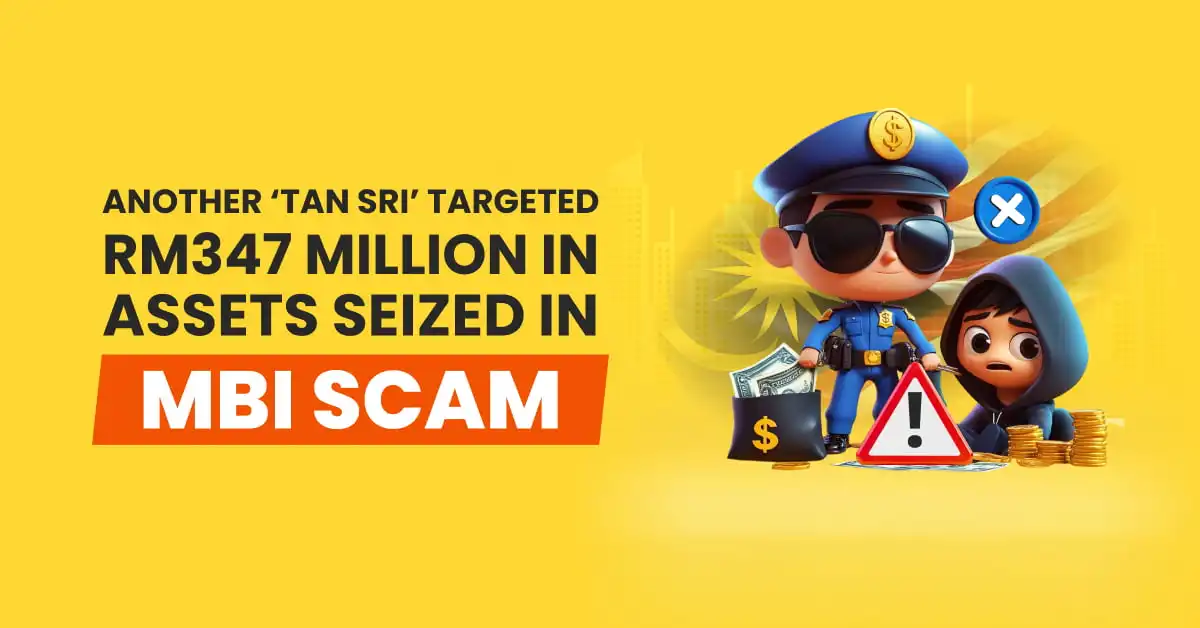WhatsApp Channels: Emerging Bridge B/W Clients & Forex Brokers
Abstract:WhatsApp has over 2 billion active users worldwide, making it the most popular messaging app. Forex brokers are now using WhatsApp Channels as a new way to connect with their clients and enhance communication.

WhatsApp has over 2 billion active users worldwide, making it the most popular messaging app. Forex brokers are now using WhatsApp Channels as a new way to connect with their clients and enhance communication.
What are WhatsApp channels?
In 2023, WhatsApp launched a new feature called WhatsApp Channels. Channels are one-way broadcast tools that allow admins to share text, videos, images, stickers, and polls. Channels may be accessed in a new WhatsApp tab called Updates, which separates the status and channels you choose to follow from your chats with family, friends, and communities. Personal information for both admins and followers is protected and who people choose to follow is private.
Forex groups on WhatsApp
WhatsApp channels have emerged as an essential communication tool between clients and forex brokers. Forex brokers use WhatsApp channels to provide clients with instant updates on market conditions, trading signals, and relevant news, ensuring that traders are always informed and can react promptly to market changes. This direct communication allows brokers to reach clients immediately, sharing critical information such as price movements, economic data, or policy changes that might affect trading decisions.

Find relevant Forex groups on WhatsApp. You might look for Forex forums and websites that provide links to WhatsApp groups. This URL is typically posted by the group admin on social media platforms, forums, or websites. When you find a link, simply click it, and WhatsApp will open with the opportunity to join the group. It is vital to remember that some groups may have special membership needs, such as a minimum trading experience.
Breeding ground for scams
While WhatsApp channels offer convenience for communication between clients and forex brokers, they have also become a breeding ground for scams. Fake brokers often create fake channels that mimic legitimate broker profiles, gaining the trust of traders through persuasive tactics. Scammers may also use WhatsApp to request sensitive personal information, bank details, or even advance payments for fake investments. This growing trend of scams highlights the need for traders to verify the authenticity of brokers and exercise caution when engaging on such platforms.
If you want to read more informative stuff like this. Download WikiFX from Chrome or visit to the WikiFX website.

Read more

CySEC reaches €20k settlement with ZFN EUROPE
According to report, the Cyprus Securities and Exchange Commission (CySEC) announced today that it has entered into a settlement agreement with ZFN EUROPE Ltd for the amount of €20,000. This settlement resolves a regulatory inquiry into ZFN Europe’s compliance with Cyprus’s Investment Services and Activities and Regulated Markets Law of 2017, as amended.

Prop Trading Firms vs. CFD Brokers: Who’s Winning the Retail Trading Race?
In recent years, a new breed of retailer-focused trading firms has emerged: proprietary (prop) trading outfits that recruit individual traders to trade the firm’s capital under structured rules. Boasting low entry costs, clear risk parameters, and profit-sharing incentives, these prop firms are rapidly winning over retail traders, many of whom previously traded Contracts for Difference (CFDs) with established online brokers. As prop trading revenues accelerate, a key question arises: Are CFD brokers losing business to prop firms?

Another ‘Tan Sri’ Targeted, RM347 Million in Assets Seized in MBI Scam
Malaysia’s police are stepping up their investigation into the MBI investment scam, a multi-billion ringgit fraud that has dragged on for nearly a decade. The Royal Malaysian Police (PDRM) is now planning to arrest another prominent figure with the title ‘Tan Sri’, following recent arrests and major asset seizures.

Tradu Joins TradingView for Seamless CFD and Forex Trading
Tradu, a global trading platform, integrates with TradingView for seamless CFD and forex trading, offering transparency, tight spreads, and fast execution.
WikiFX Broker
Latest News
Love, Investment & Lies: Online Date Turned into a RM103,000 Scam
Broker’s Promise Turns to Loss – Funds Disappear, No Compensation!
Broker Took 10% of User's Profits – New Way to Swindle You? Beware!
Pi Network: Scam Allegations Spark Heated Debate
Broker Comparsion: FXTM vs AvaTrade
Account Deleted, Funds Gone: A New Broker Tactic to Beware Of?
StoneX Subsidiary, Gain Global Markets Bermuda, Penalized for Trading Misconduct
El Salvador and U.S. Launch Cross-Border Crypto Regulatory Sandbox
The Instagram Promise That Stole RM33,000
Coinbase Launches Bitcoin Yield Fund for Institutional Investors
Rate Calc
